Steve Trent, Environmental Justice Foundation co-founder, tirelessly combats trafficking, slavery and IUU fishing
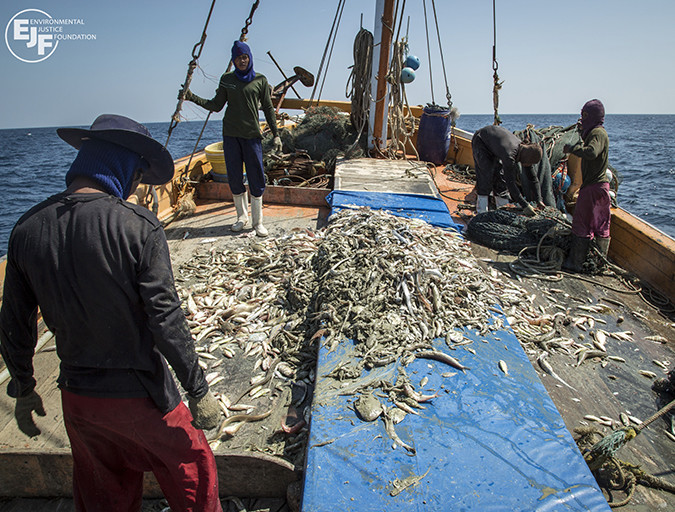
Editor’s note: This is the first in a three-part series (one each week) about advancing human rights solutions in the global seafood supply chain in advance of the SeaWeb Seafood Summit, Feb. 1-3, in St. Julian’s, Malta. The Advocate will be reporting from the event, and Editorial Manager James Wright will be moderating a breakout session titled “Gauging consumer engagement and perceptions of sustainable seafood.”
***
The brief film that Steve Trent presented at the SeaWeb Seafood Summit last year in New Orleans was both disturbing and powerful. Debt bondage, intimidation, violence and murder on Thai fishing vessels — tales of torture told by undocumented migrant workers forced to endure inhumane conditions at sea, often for extended periods of time.
The abuses that Environmental Justice Foundation (EJF, the organization Trent co-founded) uncovered after a lengthy investigation were made public months earlier in an article published by The Guardian. The video footage gave Summit attendees an enduring, emotional context to the scandal that has since embroiled some major seafood suppliers and their customers. The offenses exposed in Thailand — and that Trent contends persist to this day — were the worst he’s seen in a quarter-century of working in human rights and environmental advocacy.
“We always try and refrain from hyperbole and giving grand rhetorical statements on these things. But I’d never seen anything like it,” Trent told the Advocate. “That includes field investigations in Uzbekistan and Bangladesh and other places. It’s genuinely astonishing how deep and far it went.”

For Trent, co-founder of the Environmental Justice Foundation, confronting abuse is challenging work that doesn’t end once the cameras have captured the images and newspaper reports are disseminated to the public. Perhaps the most difficult aspects in documenting and exposing abuses in the seafood supply chain is navigating the “bunker mentality” that manifests among the accused.
“The Thai government has made encouraging progress, and has even made some arrests, in the time since the reports came out. It’s implemented a new legal framework … it’s not nearly enough,” said Trent.
“The fact of the matter is they are still not engaging in a meaningful, nationwide, joined-up exercise in eradicating human rights abuses,” he added. “I can guarantee you — I would stake my job, my home and my reputation on this fact — that the Thai seafood industry still has extensive abuse of trafficked, forced-bondage slave labor in it. They wish I was saying something else.”
Trent will “pull no punches” again at this year’s Summit, which takes place in St. Julian’s, Malta, from Feb. 1 to 3, a forum in which he’ll have multiple opportunities to share information on human rights and challenge authorities, in person, to make progress. He’ll address Thailand’s labor minister, and he’ll also share the stage with EU Environment, Maritime Affairs and Fisheries Commissioner Karmenu Vella as well as the fisheries minister of Ghana, a nation that has been carded for illegal, unreported and unregulated (IUU) fishing.
“I really want to show that the process that’s underway in Europe with IUU regulation is not one that is a simple adversarial exercise in finger-pointing. It’s much more than that. If people adopt it and take it and abroad it becomes a collaborative effort to weed out bad players, reward the good, and hopefully succeed in generating sustainable fisheries on a global scale.”
SeaWeb named EJF a “Seafood Champion” last year for its ongoing efforts. Before the event in Malta, Trent will be continuing the organization’s at-sea investigations into IUU fishing and labor abuses, this time in West Africa.
I can guarantee you — I would stake my job, my home and my reputation on this fact — that the Thai seafood industry still has extensive abuse of trafficked, forced-bondage slave labor in it. They wish I was saying something else.
EJF was founded “explicitly” to link environmental security with human rights, according to Trent. EJF investigations discovered forced labor and human trafficking as well as extensive instances of IUU fishing in so-called “trash” fisheries, including those supplying fishmeal manufacturers, whose primary market is shrimp farmers. Most recently, an Associated Press report uncovered extensive abuses in seasonal shrimp “peeling sheds,” or subcontracted processing facilities where oversight is often lacking if not nonexistent. Last month, the Global Aquaculture Alliance prohibited any Best Aquaculture Practices-certified processing plants from outsourcing its processing operations to third-party entities.
Linking labor abuses with multiple points along the global seafood supply chain has been a painful process, but one that has created a lot of positive engagement, Trent said.
There is no one-way for any company or government agency, he added, to respond to allegations of abuse, whether directly implicated or not. Some companies, large and small, have privately admitted to Trent that they knew abuses had been going on, but failed to act until the media exposés. “One of the key points I’ve been making repeatedly to retailers, is you’ve got a non-competitive advantage to combine and leverage your combined assets — your dollars and pounds and euros — and say to the Thai government publicly and together, ‘We cannot accept any longer the failure in Thailand to implement and enforce our own laws. If you want our continued business you have to do this.’”
Trent said he’s not sure if labor abuses can be totally eradicated from the supply chain, but working toward that result should be everyone’s endeavor.
“People always want to have a reductionist view of this, with simple one-liners,” he said. “But it’s very often not a simple case of this is right and that is wrong; that just does not apply. I think you approach the issue with intelligence and integrity, first and foremost. And if you do that, and recognizing as we certainly do that it’s wrong to make perfect the enemy of good, I think it’s possible. It may be hard, but it’s possible, for most players in the sector to achieve something that is at least good. You’ve got to have that approach first.”
Now that you've reached the end of the article ...
… please consider supporting GSA’s mission to advance responsible seafood practices through education, advocacy and third-party assurances. The Advocate aims to document the evolution of responsible seafood practices and share the expansive knowledge of our vast network of contributors.
By becoming a Global Seafood Alliance member, you’re ensuring that all of the pre-competitive work we do through member benefits, resources and events can continue. Individual membership costs just $50 a year.
Not a GSA member? Join us.
Author
-
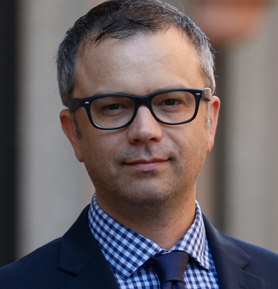
James Wright
Editorial Manager
Global Aquaculture Alliance
Portsmouth, NH, USA[103,114,111,46,101,99,110,97,105,108,108,97,101,114,117,116,108,117,99,97,117,113,97,64,116,104,103,105,114,119,46,115,101,109,97,106]
Tagged With
Related Posts
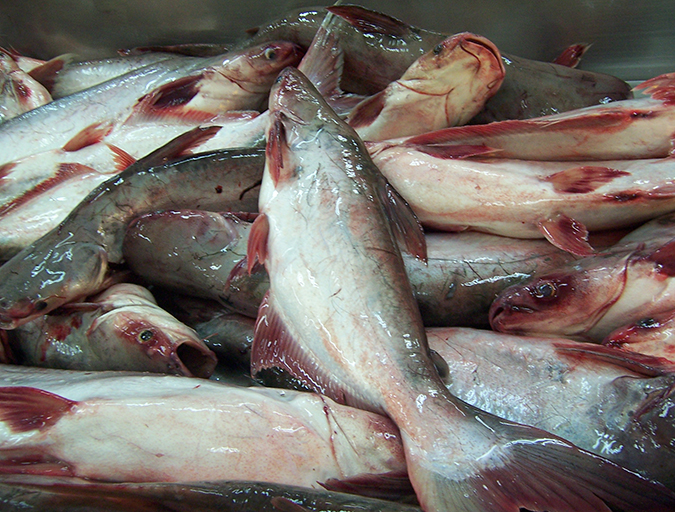
Intelligence
Risk v. hazard: A dispassionate look at pangasius
Vietnam’s pangasius industry captivated the global seafood industry, environmental organizations and the mass media. A scientific look at harmful substances detected in exported fillets and the reporting of the associated health risks through the media finds wide disparities.
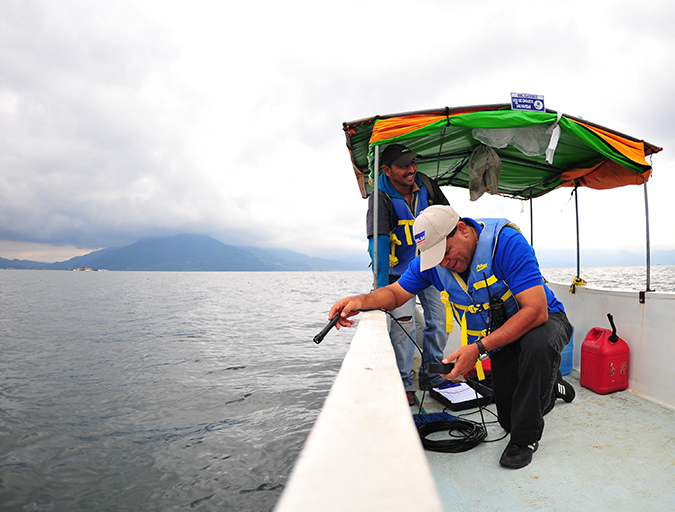
Responsibility
Fairness, stability in ensuring human rights in seafood
In the last of our three-part series on advancing human rights solutions in seafood, Magdalena Lamprecht-Wallhoff shares how social investment is key to the culture and success at Regal Springs Tilapia, the world’s largest farmed tilapia producer.
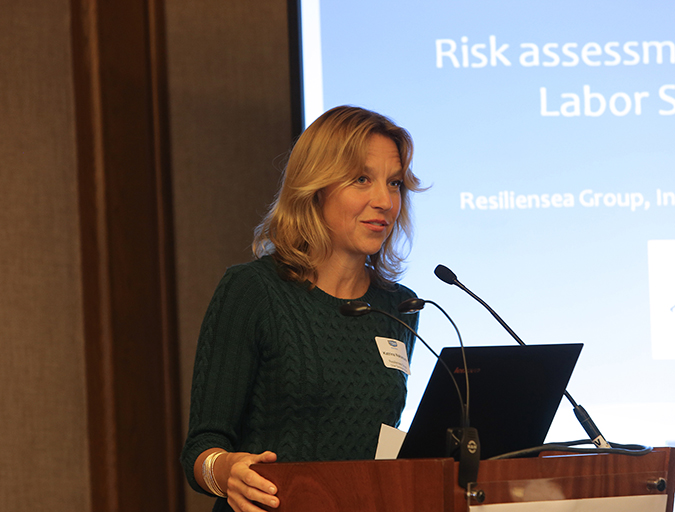
Responsibility
Technology, diligence in ensuring abuse-free seafood supply chains
The Advocate is highlighting people who advance solutions in social responsibility. In part two of a three-part series, Katrina Nakamura of Sustainability Incubator discusses identifying hot spots for abuses and taking steps to eliminate high-risk products.
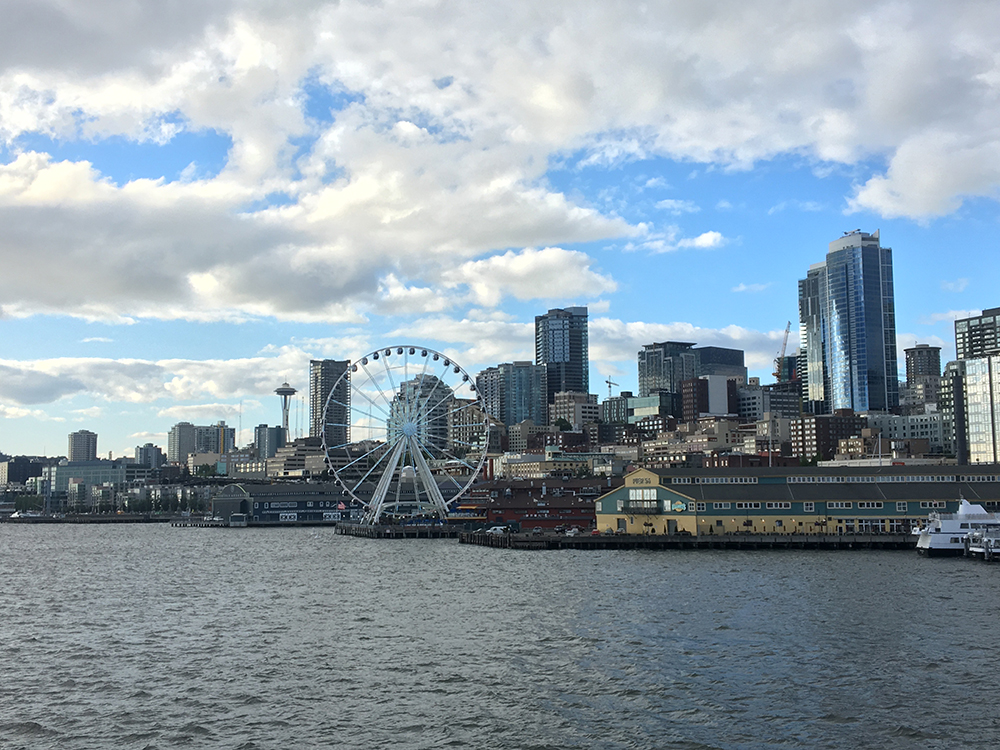
Responsibility
SeaWeb Seafood Summit blog
The SeaWeb Seafood Summit, held June 5-7 in Seattle, Wash., convenes seafood industry executives, non-governmental organizations (NGOs) and ocean advocates from all over the world.


